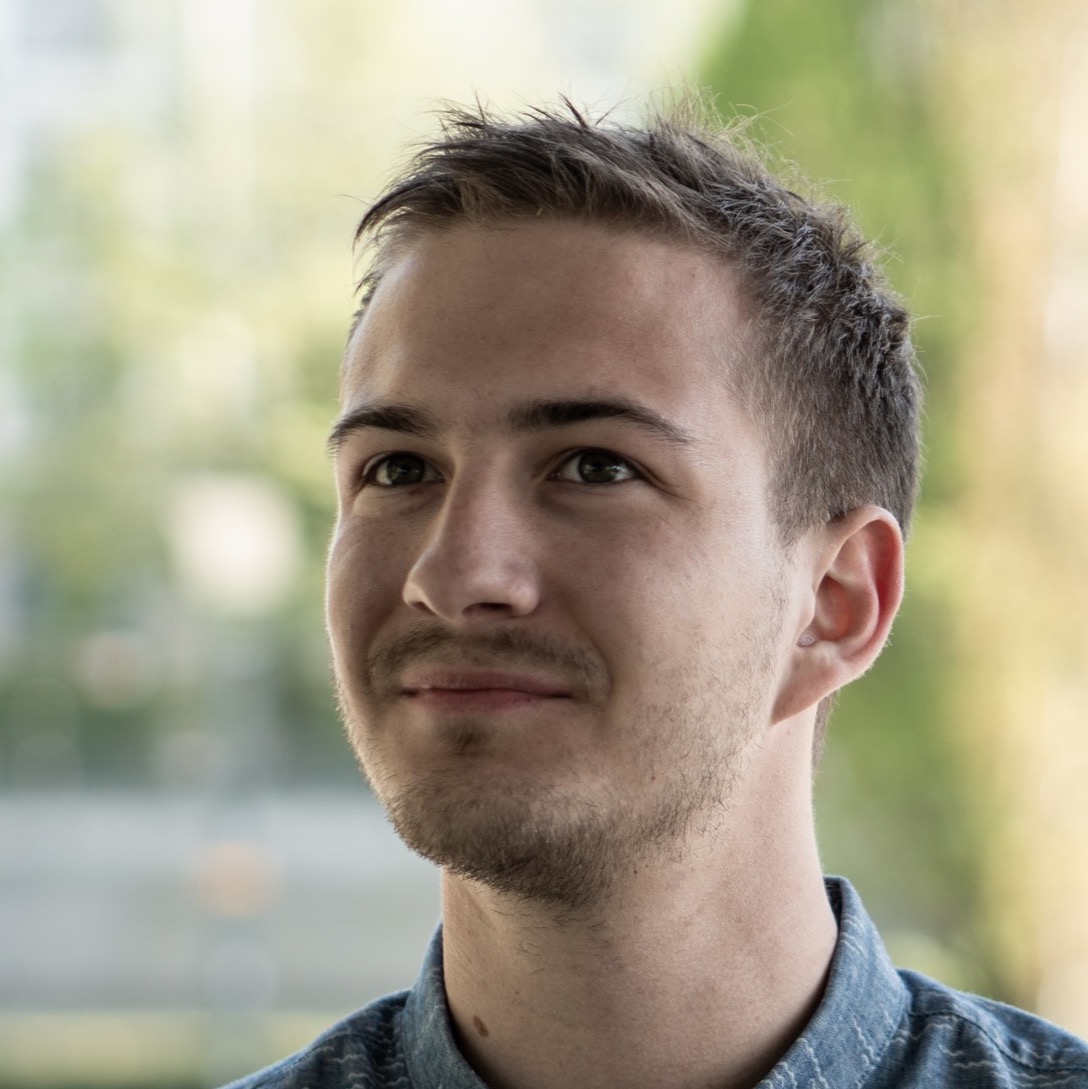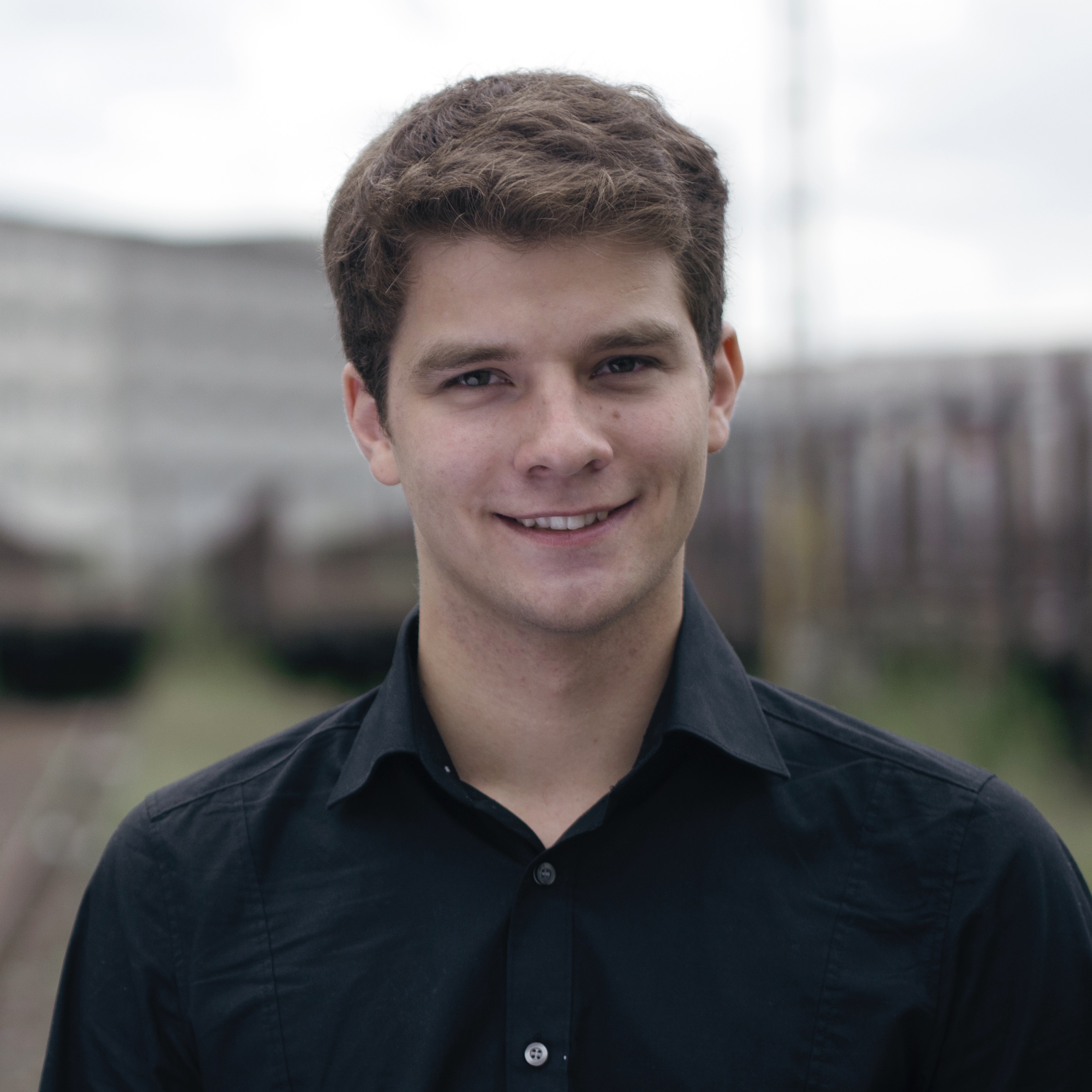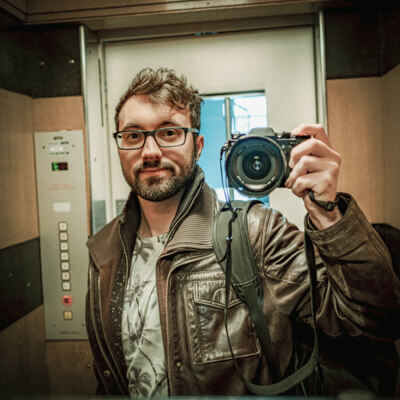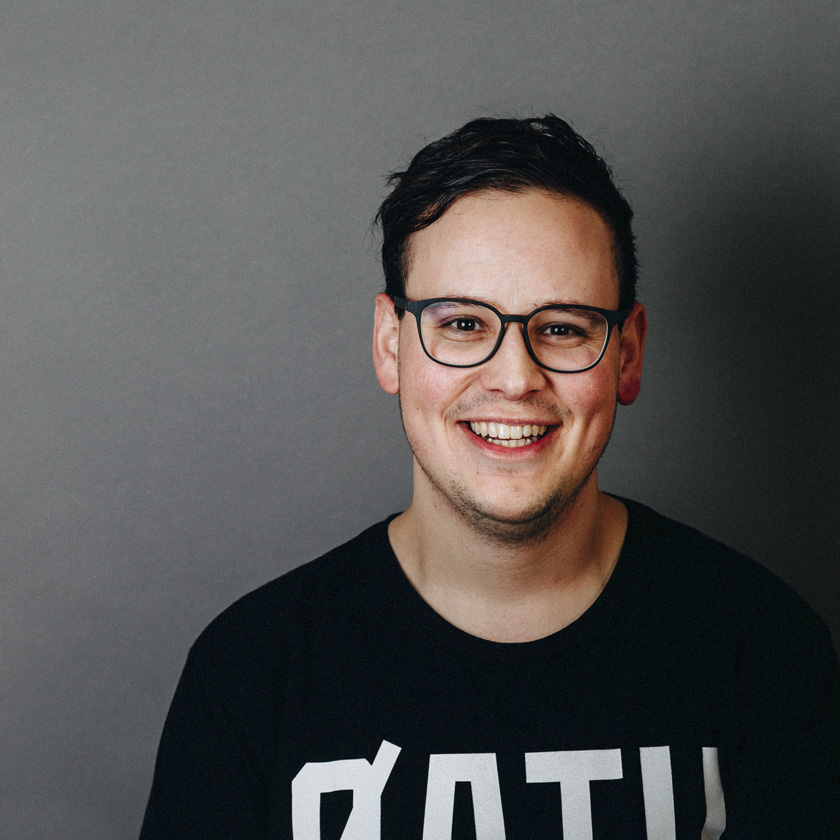Project lead
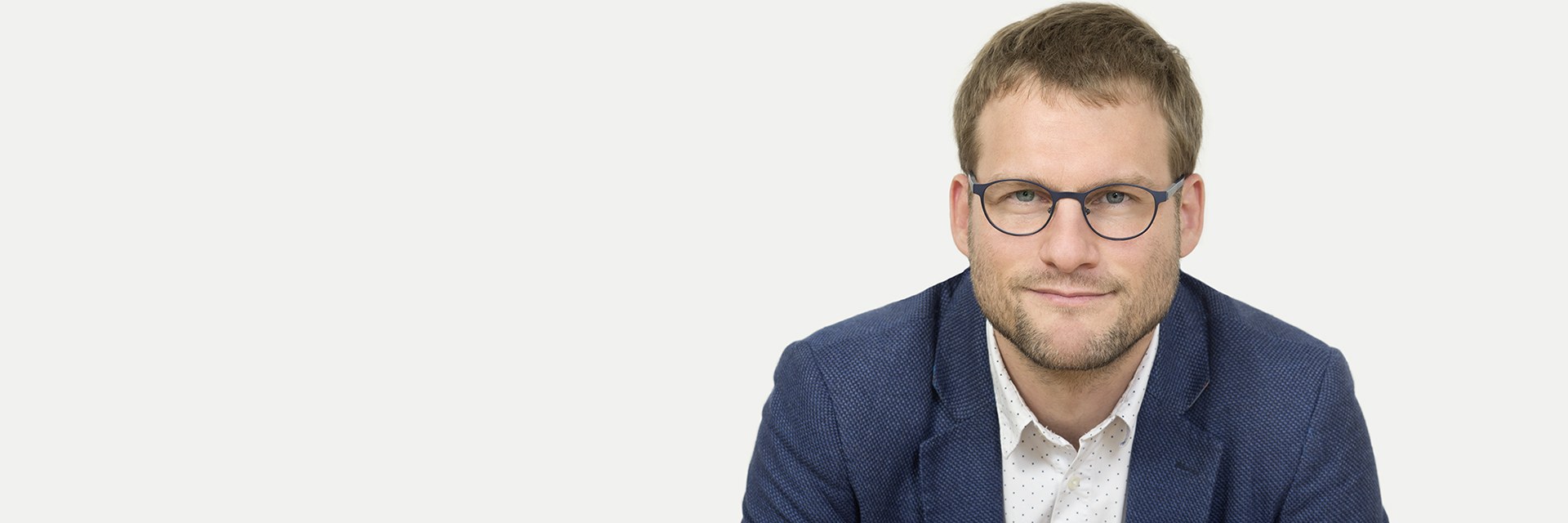
Florian Vogt studied music theory and school music at the Hochschule für Musik Freiburg i. Brsg. and the Eastman School of Music in Rochester (NY) as well as mathematics at the Albert-Ludwigs-Universität Freiburg. In 2010 he completed his Master's degree in Early Music Theory at the Schola Cantorum Basiliensis with honours, and in 2016 he received his doctorate from the Albert-Ludwigs-Universität Freiburg with a thesis on the compositional theory of Gottfried Heinrich Stölzel.
He has been a lecturer in music theory and aural training at the Freiburg University of Music since 2010 and holds a teaching position at the Institute for Early Music at the Trossingen University of Music. Prior to this, he was a lecturer in music theory, practical piano playing for schools and opera correpetition at the Freiburg University of Music and from 2006-2012 a research assistant at the Musicology Department of the University of Freiburg.
His work and publications focus in particular on analysis, the theory and practice of improvised counterpoint and the history of music theory. He is also active as a pianist and basso continuo player.
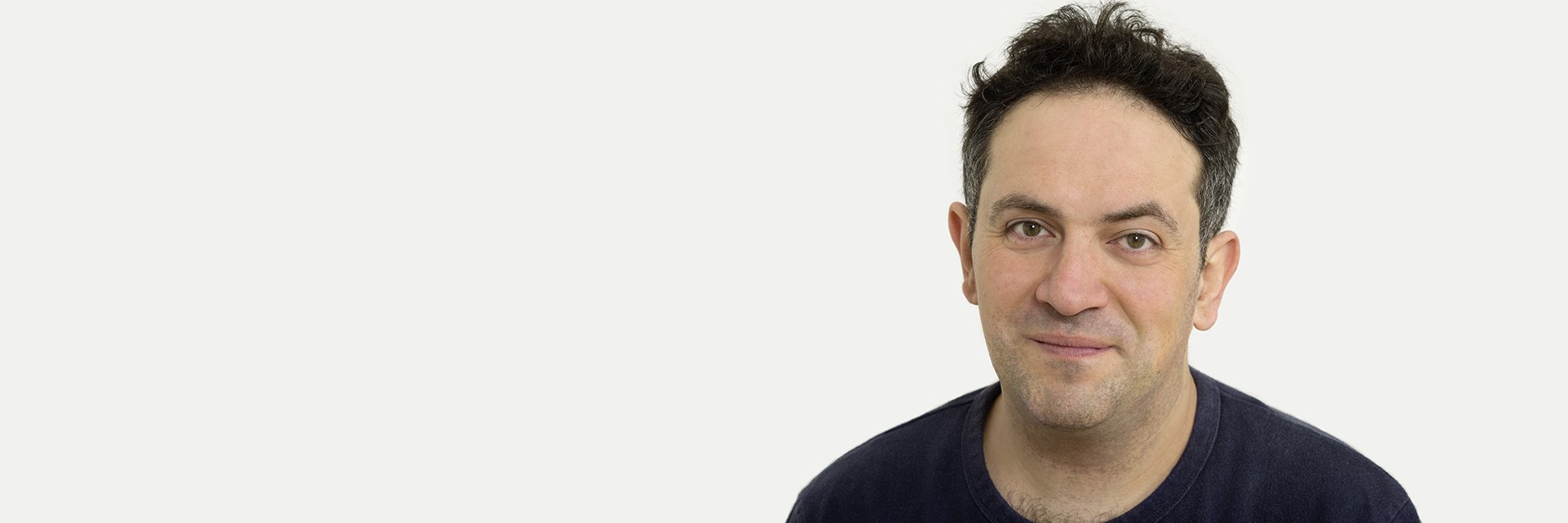
David Mesquita was born in València (Spain) in 1977. He initially studied piano and violin there and took conducting courses with Juan Luís Martínez and Salvador Más, among others. At the Freiburg University of Music (Germany), he studied choral conducting with Hans Michael Beuerle, as well as music theory with Otfried Büsing and Eckehard Kiem. This was followed by further studies in early music theory at the Schola Cantorum Basiliensis with Dominique Muller and Markus Jans.
After teaching positions in Freiburg and Trossingen, he was a lecturer in music theory and aural training at the Folkwang University of the Arts in Essen (Germany) from 2009 to 2011. Since autumn 2011 he has been a lecturer in aural training at the Schola Cantorum Basiliensis (CH).
David Mesquita has conducted the Kammerchor Emmendingen since 2006. In 2021, David Mesquita received his doctorate from the Julius-Maximilians-Universität Würzburg with a dissertation on improvised counterpoint in Spain around 1700.
The project was funded by the ‘Lehrfonds FHNW’ as part of the FHNW development focus ‘Hochschullehre 2025’.
Development
